Publications
Articles, publications, books, tools and multimedia features from the U.S. Institute of Peace provide the latest news, analysis, research findings, practitioner guides and reports, all related to the conflict zones and issues that are at the center of the Institute’s work to prevent and reduce violent conflict.
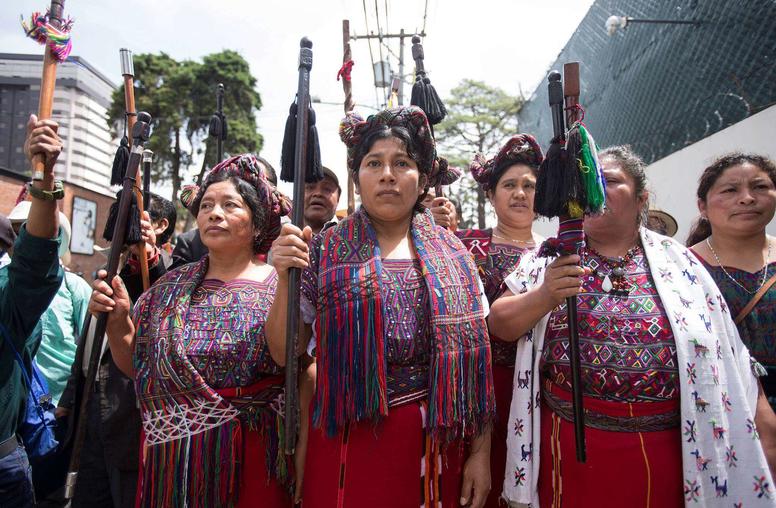
Curbing Corruption after Conflict: Anticorruption Mobilization in Guatemala
This report analyzes the fight against corruption in Guatemala by social movements over the past five years, homing in on their major successes and challenges in working to advance transparency, accountability, and good governance. The lessons drawn from these efforts can be applicable for other movements around the world operating in similar contexts. The work also has a larger bearing for international actors helping states build peace and democratic governance following prolonged violent conflict.

Kathleen Kuehnast on the Inaugural Women Building Peace Award
USIP’s Kathleen Kuehnast discusses the inspiring work of Women Building Peace Award recipient Rita Lopidia of South Sudan, as well as the other finalists, praising “the incredible resilience that each of these 10 women has brought to situations of inequality, of extreme violence, and despair.”
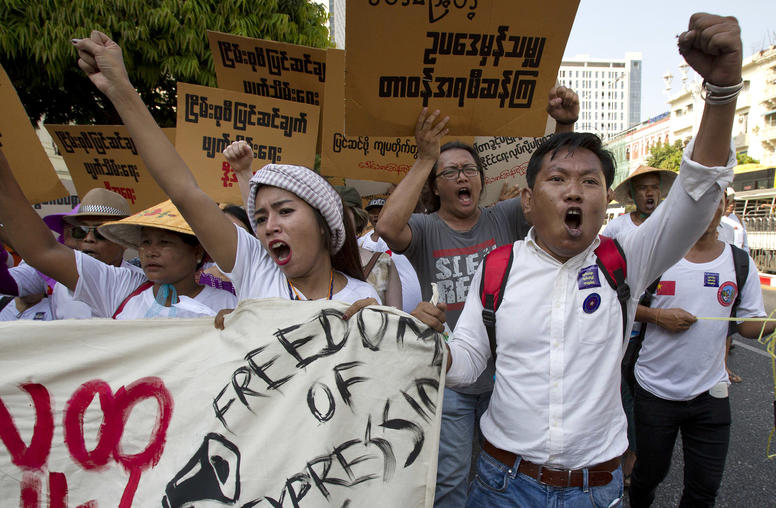
Nonviolent Action in Myanmar: Challenges and Lessons for Civil Society and Donors
The National League for Democracy’s decisive victory in Myanmar’s 2015 elections inspired hopes of a full transition from military rule and an opening of civil space. Neither has materialized, and the groups working to advance social, political, and economic change in Myanmar continue to face significant challenges. Focusing on three cases of organized nonviolent action in Kachin, Mandalay, and Yangon, this report explores the divide that has opened between civil society and the NLD government and the rifts emerging within civil society itself.

Scott Worden on Afghan Peace Talks
With talks finally underway between the Taliban and Afghan government, USIP’s Scott Worden says initial expectations should be tempered, as the chances for success are “low in the short term, but much higher than if the talks hadn’t begun,” adding, “you can’t end a war without starting a peace process.”
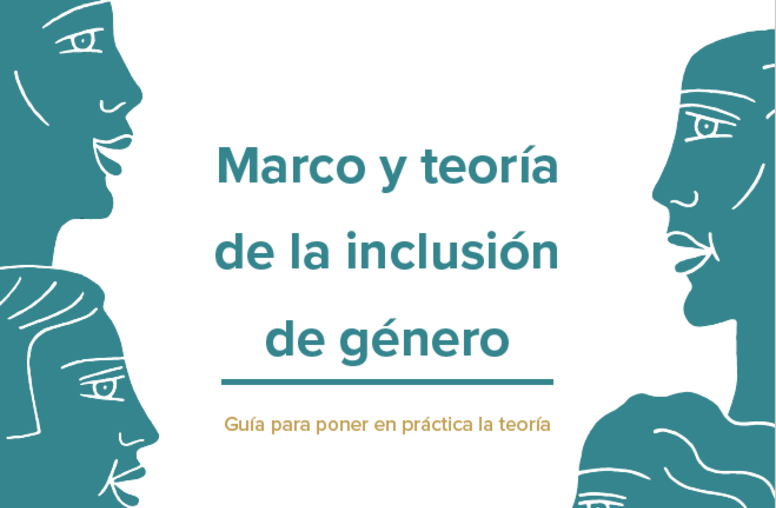
Gender Inclusive Framework and Theory (Spanish)
La guía Marco y teoría de la inclusión de género (GIFT) es una herramienta accesible y exhaustiva que facilita la integración del análisis de género en el diseño de proyectos.
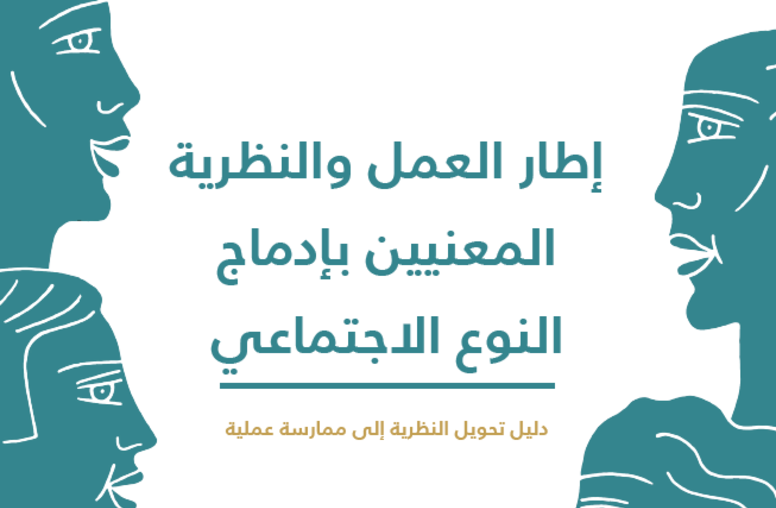
Gender Inclusive Framework and Theory (Arabic)
(Arabic) The Gender Inclusive Framework and Theory (GIFT) guide is an approachable and thorough tool that facilitates the integration of gender analysis into project design. Because peacebuilding work is context dependent, the GIFT puts forth three approaches to gender analysis – the Women, Peace and Security Approach; the Peaceful Masculinities Approach; and the Intersecting Identities Approach – that each illuminate the gender dynamics in a given environment to better shape peacebuilding projects.
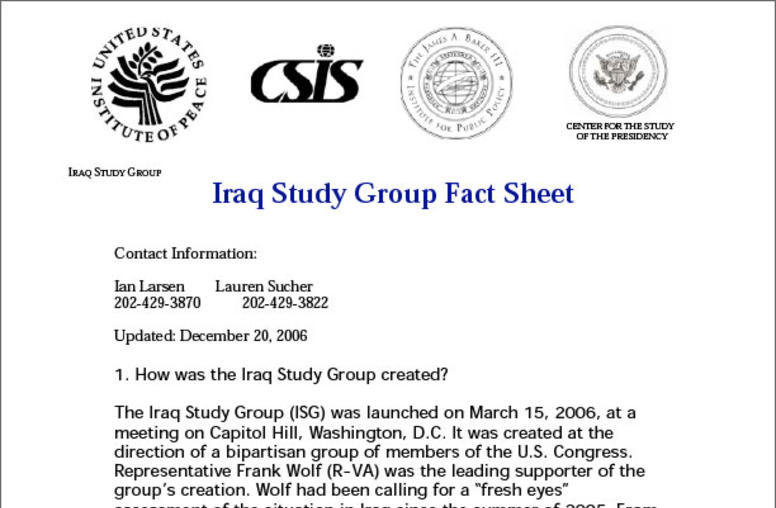
Iraq Study Group Fact Sheet
The Iraq Study Group (ISG) was launched on March 15, 2006, at a meeting on Capitol Hill, Washington, D.C. It was created at the direction of a bipartisan group of members of the U.S. Congress. Representative Frank Wolf (R-VA) was the leading supporter of the group’s creation. Wolf had been calling for a “fresh eyes” assessment of the situation in Iraq since the summer of 2005. From its inception, the ISG was designed to be bipartisan, and the initiative attracted broad, bipartisan support among members of the House and Senate.

Engaging the Post-ISIS Iraqi Religious Landscape for Peace and Reconciliation
Religious actors in Iraq wield considerable influence, and Iraqis perceive them as playing an important role in moving the country toward peace. This report analyzes the influence of Iraq’s religious actors—who has it, why they have it, and how they exercise it—to illuminate their crucial role in supporting peace and reconciliation efforts and to help policymakers and practitioners understand how to engage them in efforts to advance peace.

Engaging the Post-ISIS Iraqi Religious Landscape for Peace and Reconciliation (Arabic)
Religious actors in Iraq wield considerable influence, and Iraqis perceive them as playing an important role in moving the country toward peace. This report analyzes the influence of Iraq’s religious actors—who has it, why they have it, and how they exercise it—to illuminate their crucial role in supporting peace and reconciliation efforts and to help policymakers and practitioners understand how to engage them in efforts to advance peace.

Nancy Lindborg on the Role of People Power in Global Security
Returning from the Halifax International Security Forum, USIP President and CEO Nancy Lindborg explains why the growing number of “people power” movements around the world have left her optimistic, saying “the notion of what constitutes national security continues to evolve…security includes governments that are responsive to the needs of their people.”